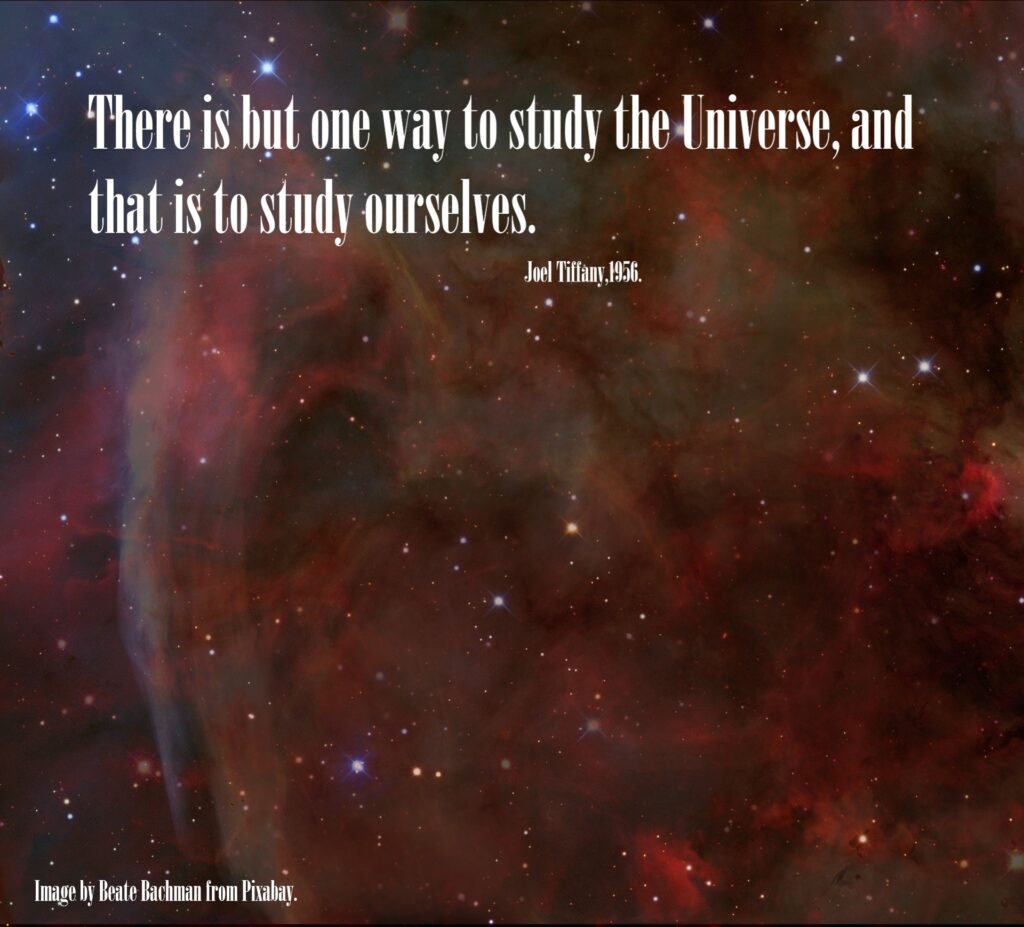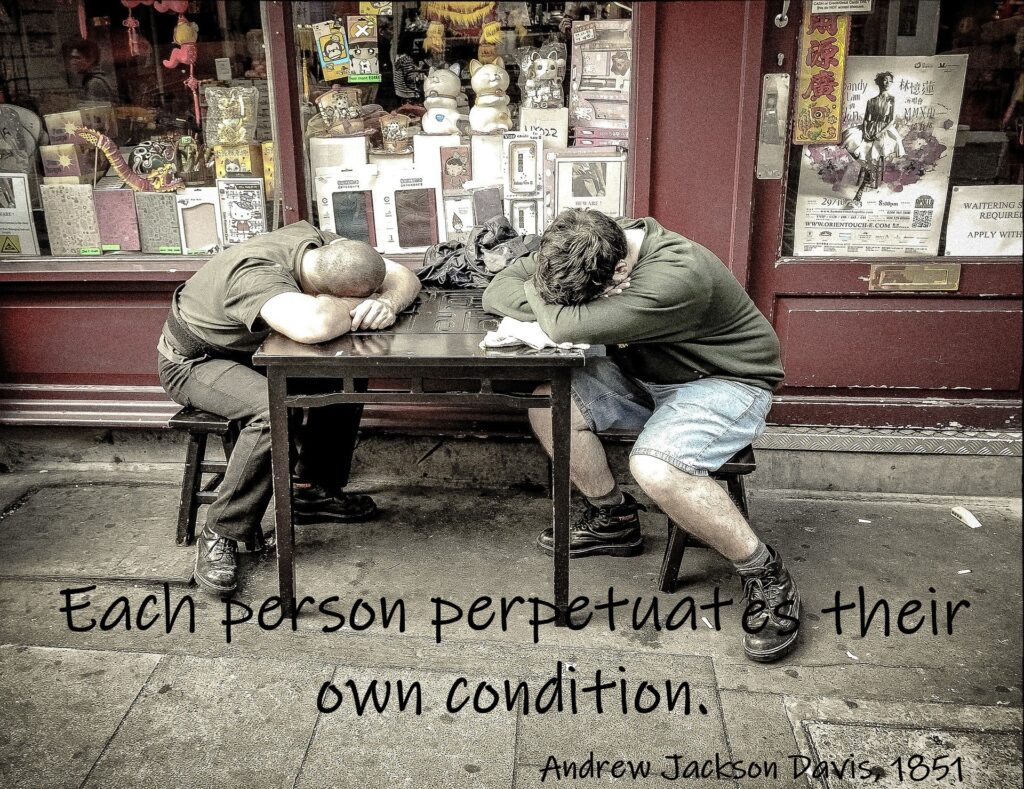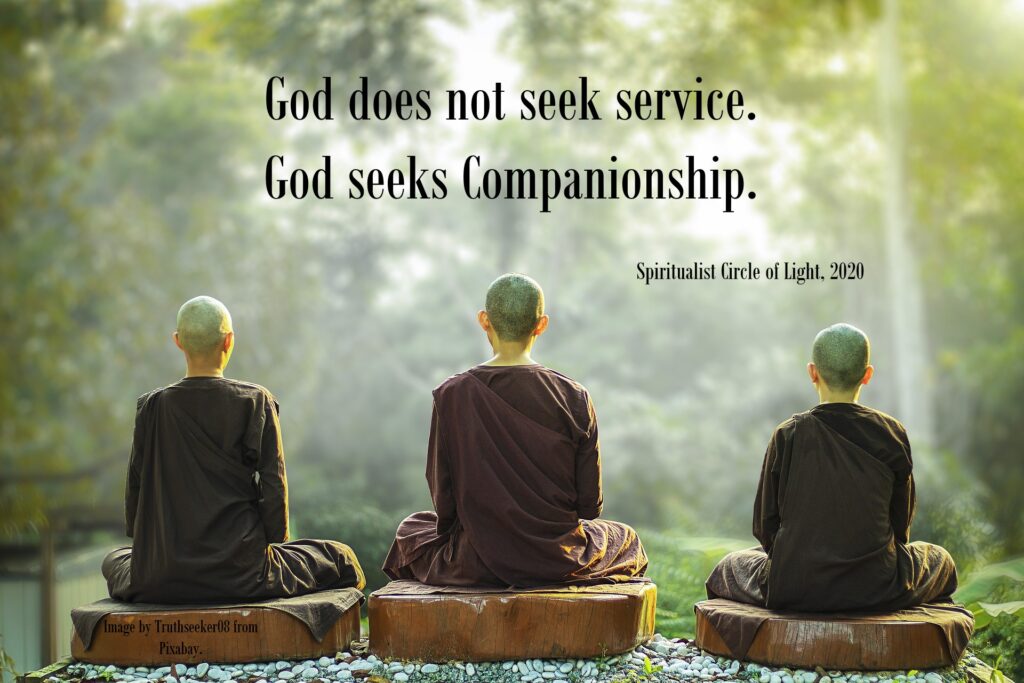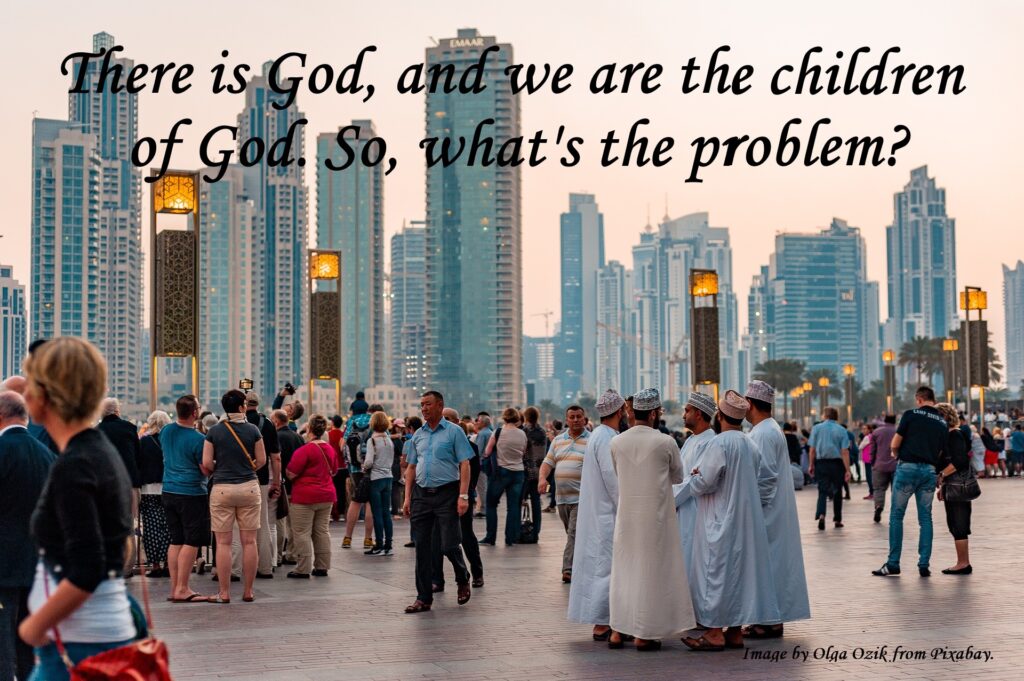Articles for Your Benefit. Enjoy Your Path Towards an Enhanced Life Experience.

The Book of Nature
The Universe is a great book, which it is our business to read and translate into our consciousness, so that the image within shall correspond to the actuality without, we shall be a universe of ourselves, so that in our love, which is transferred becomes Divine.[i]
Let us replace the Universe with nature. Nature, being a great book, is our responsibility to inquire and observe, translating the experience into our consciousness. What resides in nature that should require our attention? There is nothing that would require our attention but there is plenty we could benefit from if we were to turn our attention towards nature. Much of what we learn is vicarious because it is through observations.[ii] What we are referring to are the Natural Principles, which all conspire towards harmony.
[i] (Tiffany, 1856)
[ii] (Feist & Feist, 2006)
What is the first thing we see when gazing upon nature? We see life, and the Natural Principle of Life is Activity.  How shall we define activity? Activity is the condition under which things are accomplished and initiated. More than that, activity is participation in the grand scheme we call life and if all were to follow this principle there would not be loneliness, there would not be isolation, there would not be separation from the Divine.
In 2018, according to a Cigna study, anywhere from 20% to 40% of the population in the United States felt lonely or isolated.[i] We could ask ourselves why, but this would be the wrong question. A better question would be how does this occur? By discovering for ourselves how this occurs we can recognize it in ourselves.
All events have characteristics that identify them. The identifying characteristics of loneliness are a sense of being disconnected from others, disturbed sleep patterns, and a sense of being ill are some we may easily recognize. This does not mean that if you are experiencing these sensations, you are lonely, only that there is a possibility. The Natural Principle of Life is activity; it is social activity. The characteristics of joy might be a mild sense of elation, peacefulness, and satisfaction. Recognizing the characteristics of events may aid in discovering the cause of discordance.
[i] (Chatterjee, 2018)

We often measure our lives by the pain we have endured and because of this we often dismiss its warnings. Perhaps because we not only anticipate pain but expect it. While pain and suffering may be part of the life experience[i] it is not the life experience. Cheerfulness is a cardinal principle of true religion,[ii] which is the investigation, adoption, and application of the Natural Principles. If we learn to read Nature’s book, we bring it into us, and the secrets of life are revealed, and they become a part of us. ‘It is I who am in you, and you are in me, just as the Father is in you in innocence,’[iii] being a lack of deceit. Nature does not deceive for it conspires towards harmony.[iv]
[i] (Steiner, 1972)
[ii] (Davis, Views of Our Heavenly Home, 1878)
[iii] (The Second Great Treatise of the Great Seth, 1984)
[iv] (Davis, The Great Harmonia: Being a Philosophical Revelation of the Natural, Spiritual, and Celestial Universe. The Physician, 1851)
References:
Chatterjee, R. (2018, May 12). Americans are a lonely lot, and young people bear the heaviest burden. Retrieved from NPR Health-Shots: https://www.npr.org/sections/health-shots/2018/05/01/606588504/americans-are-a-lonely-lot-and-young-people-bear-the-heaviest-burden.
Davis, A. J. (1847). The Principles of Nature, Her Divine Revelations, and a Voice to Mankind. Boston: Colby & Rich Banner Publishing House.
Davis, A. J. (1851). The Great Harmonia: Being a Philosophical Revelation of the Natural, Spiritual, and Celestial Universe. The Physician (4 ed., Vol. 1). Boston, MA: Benjamin B. Mussey & Co.
Davis, A. J. (1878). Views of Our Heavenly Home. Boston, MA, U.S.: Colby & Rich, Banner of Light Publishing House.
Feist, J., & Feist, G. (2006). Theories of Personality (6 ed.). New York: McGraw Hill.
Steiner, R. (1972). An Outline of Occult Science. Anthroposophic Press, Inc.
The Second Great Treatise of the Great Seth. (1984). In W. Barnstone, The Other Bible (p. 117). San Francisco: Harper Collins.
Tiffany, J. (1856). Spiritualism Explained: Being a Series of Twelve Lectures Delivered Before the New York Conference of Spiritualists. New York: Graham and Ellinwood, Publishers.
So, You Think You Know God?

So, do you think you know God? I demanded of someone. Only the someone I was addressing was no one. The young man I was addressing was a prop in a dream. Our memories are filled with props waiting for our theatre directors to call them forth in an effort to express those emotions milling about within us. Sometimes those supporting roles are actually representations of us.[1] Thus, I was demanding myself to reveal what I thought I knew about God.
[1] (Hartman & Zmberoff, 2012)
Everybody knows about God and plenty more claim to know even more. I am referring to ministers, televangelists, and fundamentalists. Wait a moment. I am one of those ministers. Fortunately, I know about as much as you do, probably less. What I do know, I want to share. In case, I know something that may be of interest to you. The question is what do they know? What are they telling us? When my children were young, I told them to pay attention to what a person does not say. The words they avoid often speak volumes. What is it these people do not want us to know? What parts of the bible are they not quoting? What frightens them?
A friend stops by every so often for some friendly banter. He attends one of the many traditional churches found in anybody’s neighborhood. Normally, this would not have any effect on the tale being imparted. We do not discuss religion, we discuss beliefs. The gap between the two is enormous. Religion focuses on doctrine specific to a particular denomination. Beliefs have no such limitation. They tend to reflect the ideas a person is comfortable expressing. Ours happens to include religious views and ideas pertaining to those views. Occasionally, he brings an associate, and then we talk religion, more specifically his associate’s religion. During one of these chance meetings, at least, that is what I choose to think, his associate initiated a conversation about what God wants from us.
‘God,’ he began, ‘only wants us to follow his laws. There are more than the Ten Commandments.’
God,’ I say, ‘wants automatons. God does not want people to think for themselves.’
‘You’re wrong, he quickly responded, ‘he does want people to think for themselves. Suppose I rented a’ house from you,’ he continues, ‘and I tore it up, leaving it in shambles. Would you be happy with that? No,’ I responded, answering the question for him, ‘you wouldn’t. You wouldn’t because I didn’t follow the rules. All God wants people to do is to follow his rules.’
‘So,’ I repeated, ‘God wants automatons.’
‘No,’ he insisted, shaking his head.
‘Okay,’ I decided to use his example. ‘Suppose I moved into one of your houses. I move in and make some improvements. I knock out a wall here, build an addition there, and make some other upgrades improving the value of the house. Would you be happy with that?’
‘No,’ he declared, ‘I wouldn’t.’
‘Exactly,’ I said, proving my point, ‘because I didn’t follow your rules. Thus, God only wants those who follow his rules. He wants automatons.’

A scornful look twisted his face. The person who brought him chuckled. I was not trying to make him look foolish. I merely pointed out how narrow his view of God was.
I would like to say most of the mainstream denominations do not teach this philosophy, but I would be wrong. Not because I have attended so many, but because I met many who attend. They teach God’s desire is for us to follow his rules explicitly like the robots many of us protest. Automatons do exactly as they are instructed, or more correctly as they are programmed. We are to follow one program, God’s program. Of course, what they do not tell us is that we are to follow their version of God’s program, not God’s program. Their version is separation. They want us to separate ourselves from those who are not like them. Never mind, they all use the same book. Forget God created individuals. Do not think for one moment God intended for us to be exactly alike.
What mainstream religious leaders do not teach, or even speak about, is what Jesus tried to teach in the Gospel of John. We are all Gods! Yes, We are all Gods. The problem is we do not act like God. Why would Jesus say something like that, he who was a devout follower of his religion? That is blasphemy, they said, just as many do today. The only blasphemy committed is cursing, maiming, and otherwise maligning those who are different. The summation of the commandments given by Jesus was to love others as you love yourself. I suspect the translation is closer to treat others, as you would have others treat you. After all, if we are to leave love in the equation, this leaves the door open for a variety of abuses in the name of Love. By adopting the words, treat others, we would not be allowed to hate Muslims, or Buddhists, or pagans. We would not be allowed to maim gay people, or to bully others into submission. We would not be allowed to ridicule those whose skin is a different color, or who see the world differently. When Jesus said, is it not written you are all Gods; he may have been referring to an event in Genesis where they, Gods (yes, plural) said, ‘Lo, they have become like us! To know good from evil.’ Think about this. We know good from evil. Yet, many have claimed another’s version of good and evil, when in reality they have no clue. Their claim of innocence is found in their pretense of ignorance. What about you, do you know good from evil, or do you prefer another’s definition? Are you good or evil? Perhaps you are somewhere in between, like the rest of us.
To know God is not to go within. To know God is to know you. Do you know yourself? Do you accept and claim the beliefs of others? Are those who call upon their depiction of God any less? Do you call upon another’s idealization of God? Is homosexuality a crime against nature when God created them to be who they are? Is it truly a magnanimous gesture to belittle yourself, while mocking others? Does any of this disturb you? I hope it does because more Gods need to be present. It is not about what is right or wrong. It is about being responsible and accountable. It is not about recognizing what is good or evil in others. It is about recognizing who others are. We are God. Accept it. Stop hiding behind someone else’s misconception. Get behind your own and be willing to shape it as needed.
References:
Hartman, D., & Zimberoff, D. (2012). REM and non-REM dreams: “Dreaming without the dreamer.”. Journal of Heart-Centered Therapies, 15(2), 27-52.
